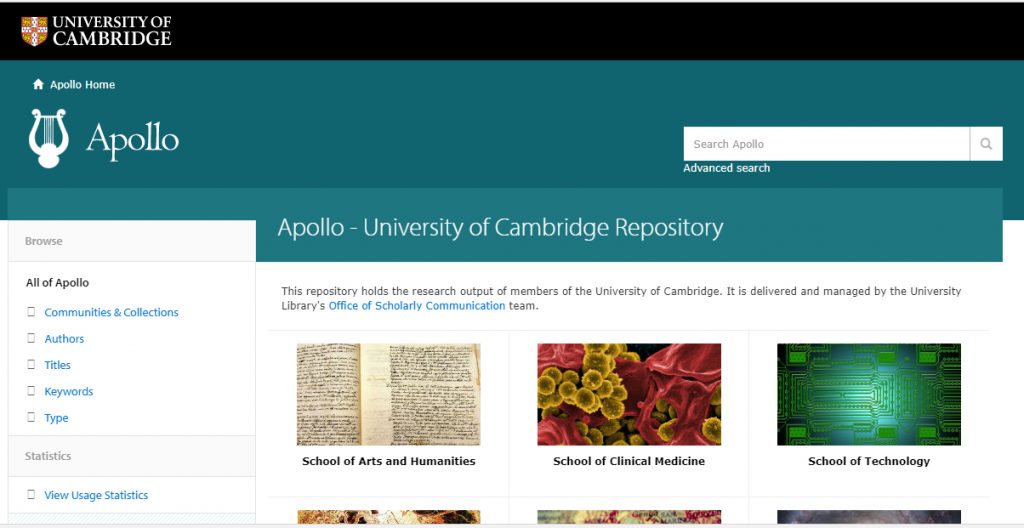Stephen Hawking’s Thesis: How it all started
The one who got me interested in Science. Stephen Hawking’s paper – thesis on Properties of Expanding Universe was published back in 1966. Back then, it costed $86 to scan a copy or an opportunity to physically read the paper in the Cambridge University (no, meeting Stephen Hawking is not a part of the deal and do they chain that copy in library). But Stephen Hawking recently gave permission to publish his paper on Cambridge Universities Open Access Repository. Following the celebration of Open Access Week 2017 saying in a statement
“Anyone, anywhere in the world should have free, unhindered access to not just my research, but to the research of every great and enquiring mind across the spectrum of human understanding”
And there was chaos at Cambridge

Just so it happened, this led to the crash of Cambridge’s Apollo open access repository. Causing many disappointments across the globe. The Apollo Server Crashed was because of the unexpected demands of the Stephen Hawking’s paper. There were over 60,000 downloads in less than 24 hours of the publishing. Why such huge number for a scientific paper? Let’s put it this way, I’m not a scientist. But I also wanna take a look at his paper on “Properties of Expanding Universe”. Because he’s the cool scientist.
Stephen Hawking’s paper dropped so hard on the Cambridge’s repository that it crashed. (I really like that phrase.) Still, on Tuesday, the website is going slow (slower than Obama Care’s site, don’t know how long the reference will be relevant). If you wanna take a look, here’s the link to the reduced form.
The heating debating in scientific community
This happened in the middle of the heated debate over whether open access should be given to scientific papers or not? Given they cost an awful lot to the public and most of them are produced by publicly funded institutions. Publication company Elsevier won a lawsuit against two free access portals – SciHub and LibGen. Other publishers are still fighting Bill Gates-backed startup ResearchGates in court on this matter. It’s good to know that Bill Gates is still getting a lot of court action.
Scientific papers publishers are more like Spotify. We are cool with spares a couple bucks because we think that money is going to the person who produces these works. It’s just that most of it stays with the publishers and the scientist only gets a fraction. Do you think everyone should have access to the scientific papers? Comment down below.
